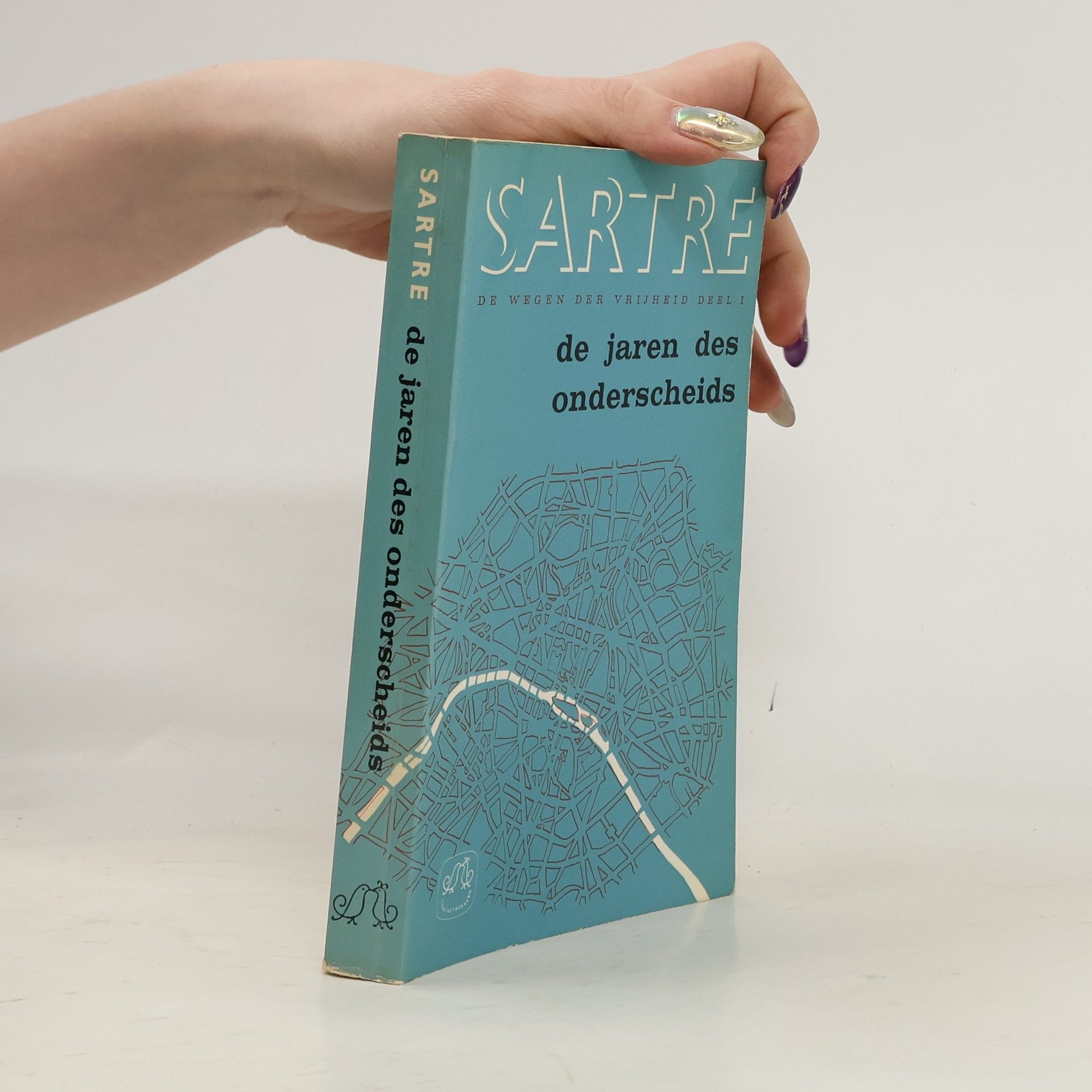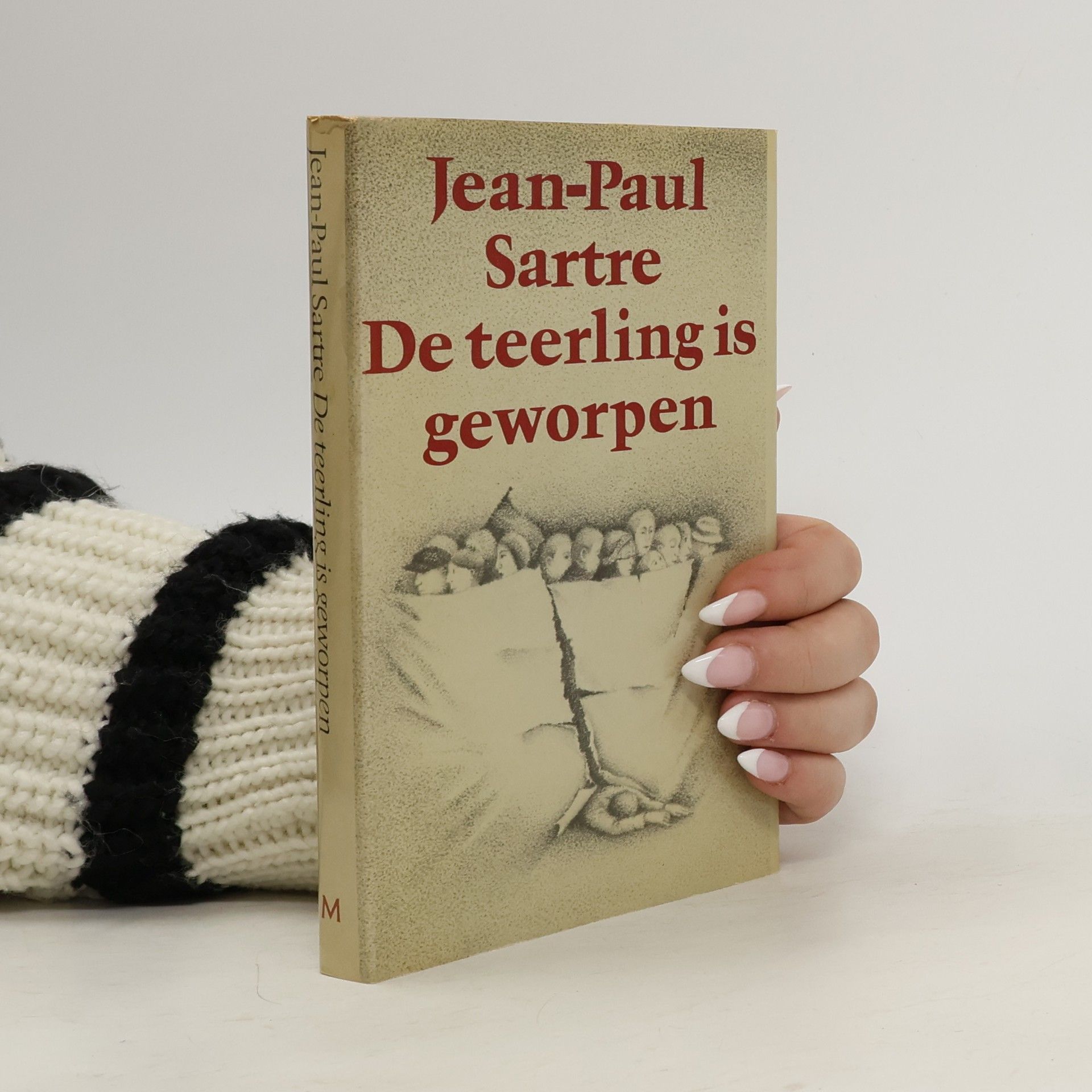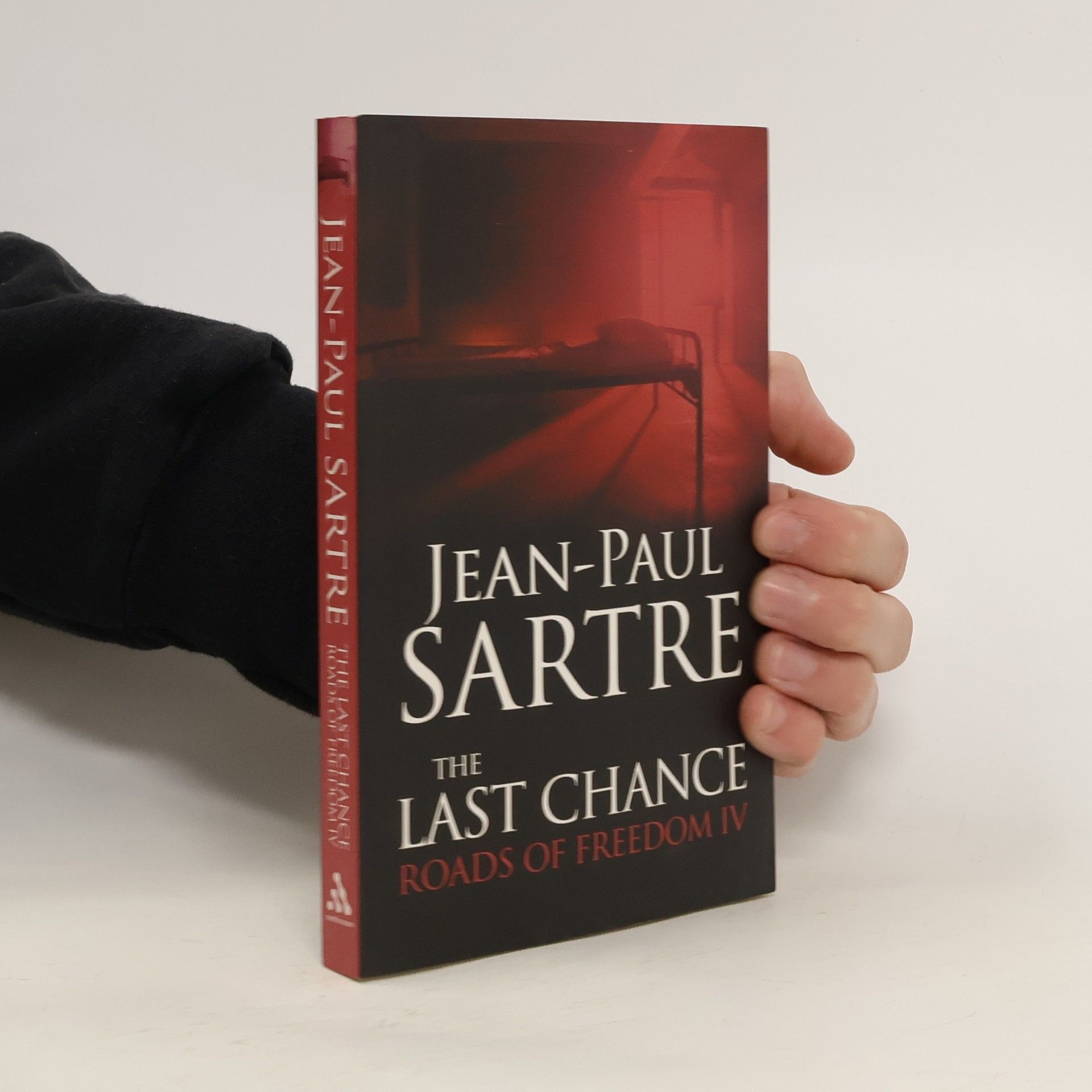De teerling is geworpen
- 148bladzijden
- 6 uur lezen
Kan men werkelijk proberen het leven opnieuw te beginnen? Of is de teerling geworpen, en is ons levenslot bepaald door onze vroegere daden en door de omstandigheden waarin wij geplaatst zijn? Sartre schiep rond dit thema een ontroerende allegorie, waarin twee mensen, die door hun natuur en karakter voor elkaar voorbestemd hadden kunnen zijn, elkaar pas na hun beider dood ontmoeten. Zij vatten liefde voor elkaar op, en deze liefde is voor de administratie van het hiernamaals een geldige reden om hun een kans te geven met elkaar te gaan leven; zij mogen terugkeren naar het rijk der levenden. Als zij gedurende een etmaal bewijzen dat hun liefde tegen alle hindernissen bestand is, zullen zij mogen blijven leven. Maar de belemmeringen zijn talrijk: Pierre is de leider van een verzetsbeweging tegen dictatuur van de Regent; Eva de wettige echtgenote van de secretaris van de militie. Deze omstandigheden maken het feit dat zij elkaar ontmoeten tot iets verdachts. Hun samenleven is ondanks hun liefde onmogelijk, en beiden keren terug naar de dood. Het leven is bepaald, alleen de doden zijn vrij.









